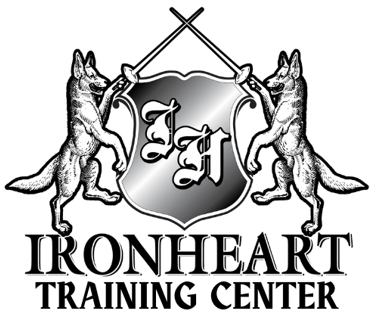Frequently Asked Questions
Are you licensed?
We are licensed professionals, trained to protect you and your home. Texas Department of Licensing and Regulation (TDLR) requires all mold assessments in Texas be performed by licensed and insured Mold Assessment Technicians, trained to understand the intricacies of buildings with potential mold problems and to have a working knowledge of how to proceed throughout the entire process.
How do I know if my house has mold?
Mold spores are everywhere around us and are a natural part of our environment. As stated by the Texas Department of Licensing and Regulation (TDLR), “ There is always mold present at some level in the air and on surfaces all around us.” At K9 Mold Detection, we are trained to detect mold that can be a health hazard, and get clear results with lab tests to determine what types of mold are present. Often mold is hidden and the dogs can guide us to these areas. The dogs are just one tool we use to find it, then we send air and surface samples to a lab for testing to determine the type genus and concentration.
How do the dogs smell mold?
As early as the 16th century, shepherds used herding dogs for their flocks. Larger dog breeds have the added benefit of larger olfactory lobes in their brain (the part of the brain dedicated to smells). In our nose, humans have about 6 million olfactory receptors; scientists estimate that dogs have up to 300 million, depending on the size of the dog. According to the American Kennel Club, dogs' sense of smell is at least 100,000 times more sensitive than ours. According to research, medical detection dogs can be trained to detect disease odor equivalent to a teaspoon of sugar diluted by the water in two Olympic-size swimming pools. Some medical detection dogs have been trained to detect changes in blood sugar levels, cancer cells, or the chemical changes that precede a seizure.
What states do you work in?
We at K9 Mold Detection work all over the state of Texas, and can travel to other states on a case-by-case basis. For Texas, old tests with third party lab results are usually available within just a day or two.
What type of testing do you use?
We use state of the art equipment for testing the air quality and swabs to sample suspected areas for mold contamination. These are then submitted to a laboratory where the sample will be cultured and the genus/type(s) of mold identified. You will receive the lab report of your mold tests for your records. Mold dogs can be used as an extra tool to help guide us to possible unknown areas when there is concern about concealed mold. For example, Charlie and Joey have found mold under sinks, carpets, and even behind walls.
Where are your dogs from?
We chose our dogs very carefully. They are imported from a respected line of detection dogs selected for their exceptional work ethic, motivation, and intensity to work. They have received years of training since birth. The dogs and handler trained extensively at IronHeart Training, where they received mold detection certification. They may look like family pets, but our mold dogs are very serious about their work!


